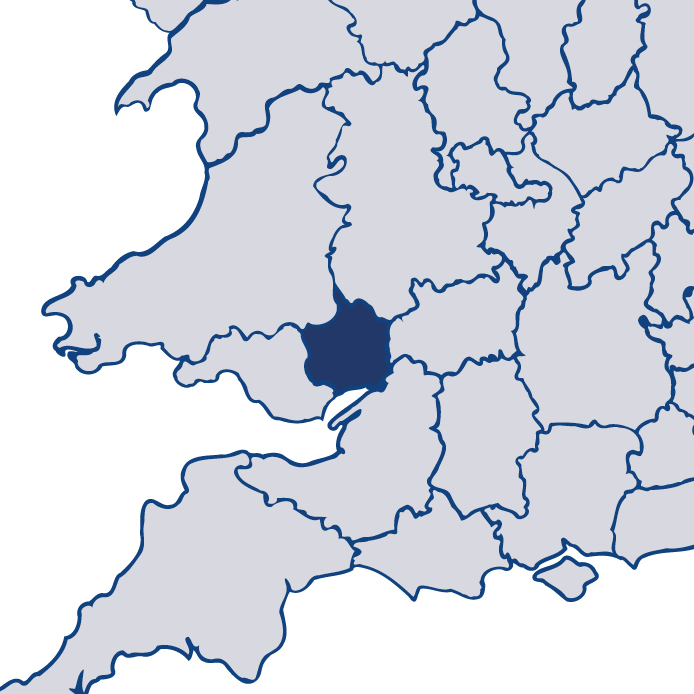Gwent 2018/19
Read more about GwentThis is HMICFRS’s fifth PEEL (police effectiveness, efficiency and legitimacy) assessment of Gwent Police. PEEL is designed to give you information about how your local police force is performing in several important areas, in a way that is comparable both across England and Wales, and year on year.
Gwent Police was inspected in tranche three and we found:
the extent to which the force is effective at reducing crime and keeping people safe is good.
the extent to which the force operates efficiently and sustainably is good.
the extent to which the force treats the public and its workforce legitimately requires improvement.
Download the full report
PEEL: Police effectiveness, efficiency and legitimacy 2018/19 – Gwent Police
HMI's observations
I am satisfied with most aspects of the performance of Gwent Police, but the force needs to make improvements in its legitimacy to provide a consistently good service.
The force is good at preventing crime and anti-social behaviour. Since our last inspection, the force has improved how it investigates crimes. It has also developed better ways to make sure it identifies and respond to people at risk. It works closely with other agencies to protect vulnerable people. However, the force should do more to provide a consistently good service in child protection investigations.
Gwent Police has a good understanding of current and likely future demand for its services. It is using this information to develop sustainable financial and workforce plans – which include increased collaboration with neighbouring forces.
The force recognises the importance of working closely with communities, but frontline officers and staff vary in their knowledge of unconscious bias. It understands how and when to use stop and search, but needs to improve how it monitors its use, and the use of force. Gwent Police also needs to improve how it identifies and manages the risk of corruption, and needs to do more to ensure all members of its workforce are appropriately vetted.
I commend the progress that Gwent Police has made and will continue to monitor its progress in areas where improvements are still needed.
Effectiveness
How effectively does the force reduce crime and keep people safe?
Efficiency
How efficiently does the force operate and how sustainable are its services to the public?
Legitimacy
How legitimately does the force treat the public and its workforce?
Other inspections
How well has the force performed in our other inspections?
In addition to the three core PEEL pillars, HMICFRS carries out inspections of a wide range of policing activity throughout the year. Some of these are conducted alongside the PEEL inspections; others are joint inspections.
Findings from these inspections are published separately to the main PEEL reports, but are taken into account when producing the rounded assessment of each force's performance.






